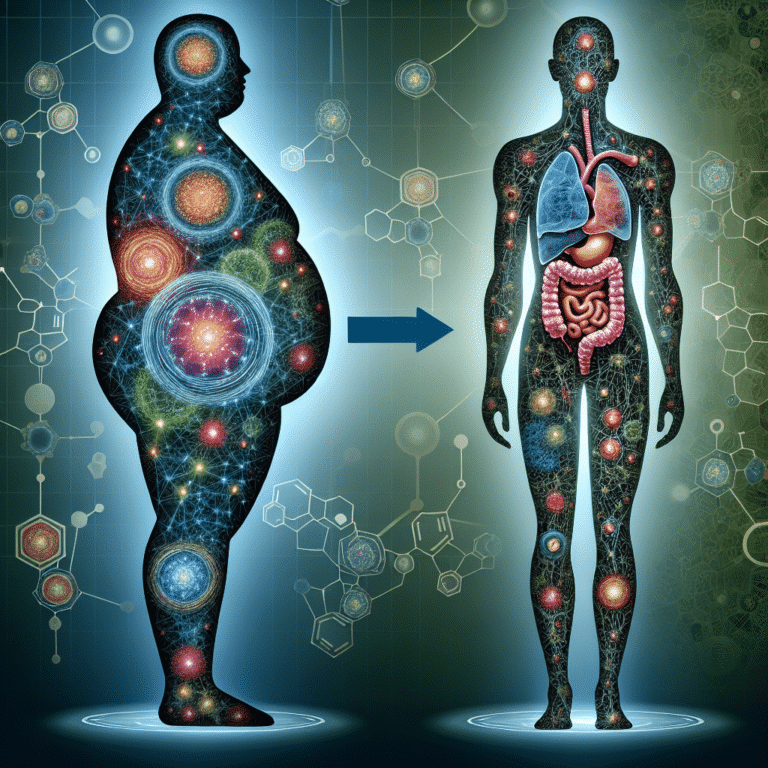Summary
-
A research study examined alterations in energy intake after gastric bypass surgery (GBP) as a hypothesis inside the study.
-
The study included a sample of 32 GBP patients to allow for potential attrition.
-
Participants have had four residential study assessments (pre-surgery, 3, 12 and at 24 months post surgery).
-
Body measurements included body weight, with body composition and basal metabolic rate.
-
Metabolic changes after sugery were predicted by linear regression models to determine the presence of metabolic adaptation as calculated.
Gastric Bypass Surgery (GBP) is a type of weight loss surgery used on people who are severely overweight, for the purpose to reduce stomach size. In a new study to find out how such surgery changes the energy people expend, the study included 32 patients undergoing gastric bypass surgery and a comparable group of people who did not undergo the procedure.
Participants attended four residential assessments at the Human Intervention Studies Unit at Ulster University, both pre-surgery and post-surgery. Patients underwent an assessment of multiple measures (total body weight, BMI, FM and FFM) as well the effect of GBP on their metabolic rate.
Patients who underwent GBP immediately lost body weight, as a % of total bodyweight and excess weight. The study also examined the basal metabolic rate (BMR) of participants, i.e., how much energy our bodies require to function at rest. The researchers were interested in how metabolic rate might change after GBP.
Results revealed that therre was a clear difference in BMR already present before GBP vs. the comparators. In addition, subjects who underwent GBP experienced adaptive thermogenesis, wherein changes in energy intake and expenditure took place as they began to lose weight.
In su, the research demonstrates that not only does GBP treatment result in weight loss, but it also influences metabolism. This work can help guide health professionals to more effectively assist patients in the sustenance of body energy balance before and after surgery which are ideal keypoints for weight reduction success.
Gastric Bypass surgery is the best way for an individual to achieve weight loss and regain good health. According to the study results, it is highly beneficial for patients if metabolic changes are identified and tracked after surgery. More research is needed in this area to determine how various weight loss tactics may affect the metabolism and health of the body over time.
General Surgery,Gastroenterology,Endocrinology,Ob/Gyn & Women’s Health


